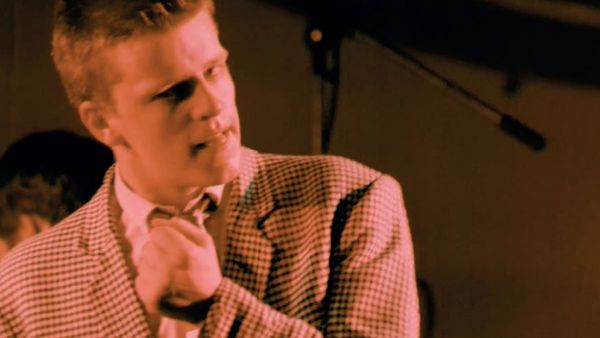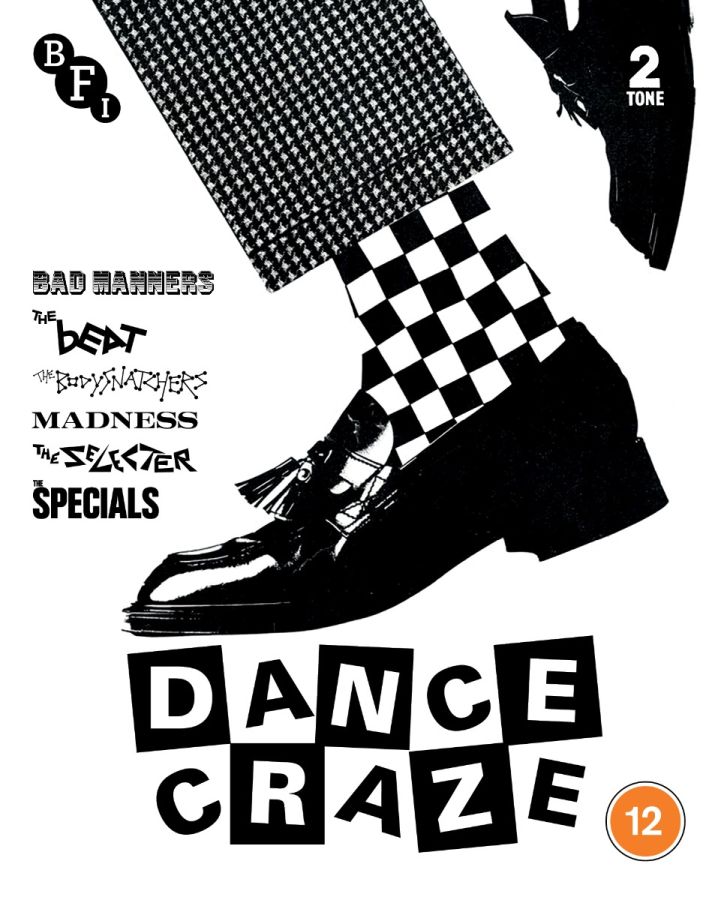Eye For Film >> Movies >> Dance Craze (1981) Film Review
Dance Craze
Reviewed by: Jennie Kermode

“It’s an off-beat, toe-tapping sound, a rhythm for their feet that takes high-spirited youngsters off the street.”
So says a voice with a BBC announcer’s accent at the start of this documentary about the rise of 2-tone ska. Images which doubtless seemed exciting at the time flash up on the screen: queues of young people assembling by night, neon signs announcing ‘dancing’, faces with wide smiles pressed up close to the lens. Restored in 4K and screening as part of the 2023 Glasgow Film Festival, this was first released in 1981, but in watching it you’d think that the concept of dancing had just been invented. Though there’s practically no-one in it over the age of 30, it seems to be speaking to an old demographic, perhaps the increasingly alienated war generation, saying something to the effect of “Let me show you this Earth thing called fun.”

This isn’t quite nightclubbing as most of us know it today. We spend most of our time – the first and final thirds of the film – at a live gig with bands including Bad Manners, The Beat, Madness and The Specials. The camera is up on the stage, the audience a blur of faces and waving arms, little evidence available of what they’re doing with their feet. The performers make up for it, dancing vigorously, creatively, at one point even staging a fight. The same enthusiasm can be found in the music so that even if this isn’t your thing, you’ll easily understand the appeal.
During that middle section, we visit small clubs catering to more niche audiences, then drop in to the Albert Hall where dancers crowd the floor before making way for the Junior Jive competition and a performance of the Twist with dancers in curious formation. We also visit a coyly described ‘West End studio’ where an extraordinarily tame version of the Locomotion is demonstrated by bored looking professionals with plastic smiles. The Bossa Nova follows, all the juice squeezed out of it, and then something called the Slop – it’s easy to see why that one didn’t catch on, really.
This, we are told, is the Age of the Teenager. This is Generation X, somehow bypassing punk and stepping straight out of the Sixties into a world of inclusionist values and bold new beats. It’s dedicated to fan Martin Allen, who disappeared from King’s Cross Station on 5 November 1979 [and has never been found]. He wasn’t the only one. There’s pain hidden underneath the partying, an awareness of the bleakness in many people’s lives, but on a Saturday night, if that’s all there is, these kids are going to keep on dancing.
Reviewed on: 11 Mar 2023

















